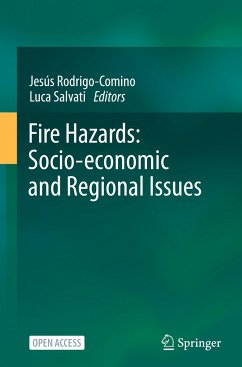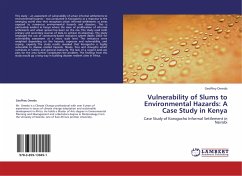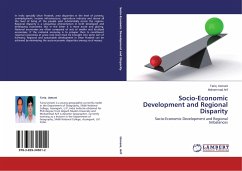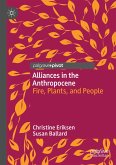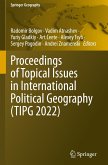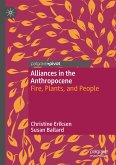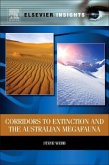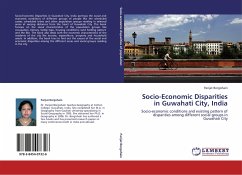The open access book aims to show the readers novel, relevant and reproducible power of synergistic collaborations between European research groups and stakeholders with the objective to synthesize the existing knowledge and expertise about fire management and hazard and defining a concerted research agenda that promotes an integrated approach to create fire-resilient landscapes, taking into account biological, biochemical and physical, but also socio-economic, historical, geographical, sociological, perception and policy constraints. This is an urgent societal need due to the expected further intensification and geographical spreading of wildfire regimes under Global Change. Fire has been part of the Earth's System for the last 400 million years, and humans are the sole species that controls and manages fire. We have used fire for over a million years, both, as hunter-gatherers managing the landscape with fire and as farmers using fire as a low-cost, efficient and ecologicaltool for clearing and maintaining the productivity of the land. Fire has been highlighted as the most influential element in the development of human societies. The increase in prolonged dry and hot periods observed in many regions of the world is exacerbating the risk of fire. The causes of increased fire risk are not only linked to climate change but are also a consequence of economic and social changes and political decisions. Over the past few decades, many countries' rural areas have seen significant depopulation and a reduction in land management as residents moved to cities or even other countries in search of work. The resulting rural depopulation has led to revegetation of the abandoned agricultural land, which favors fire spread. The enhanced risk of fires is moving beyond the capacity of even the best-funded wildland firefighting teams and therefore calls for the development of new approaches to fire management that are key nowadays at different scales. Instead of focusing primarily on increasing firefighting capabilities, a more effective approach is needed that focuses on long-term fire prevention through vegetation management by reducing fuel load or managing fuel type and fuel continuity at a landscape level.
FIRElinks (COST Action CA18135) is developing the EU-spanning network of scientists and practitioners involved in forest fire research and land management with backgrounds such as fire dynamics, fire risk management, fire effects on vegetation, fauna, soil and water and socio-economic, historical, geographical, political perception and land management approaches. Among the different Working Groups, number 5 is aimed to connect communities from different scientific and geographic backgrounds, allowing the discussion of different experiences and the emergence of new approaches to fire research, human management, regional issues and socio-economic aspects.
FIRElinks (COST Action CA18135) is developing the EU-spanning network of scientists and practitioners involved in forest fire research and land management with backgrounds such as fire dynamics, fire risk management, fire effects on vegetation, fauna, soil and water and socio-economic, historical, geographical, political perception and land management approaches. Among the different Working Groups, number 5 is aimed to connect communities from different scientific and geographic backgrounds, allowing the discussion of different experiences and the emergence of new approaches to fire research, human management, regional issues and socio-economic aspects.

